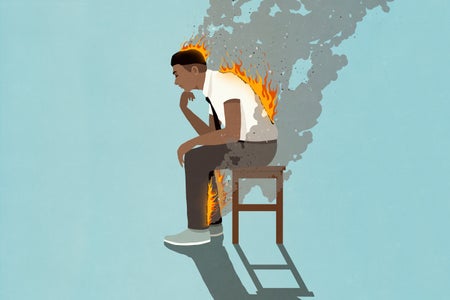
Outrage Fatigue Is Real. These Tips May Help
Repeated exposure to outrage-inducing news or events can lead to emotional exhaustion. An expert who studies online outrage says there are ways to cope
Tanya Lewis is a senior editor covering health and medicine at Scientific American. She writes and edits stories for the website and print magazine on topics ranging from COVID to organ transplants. She also appears on Scientific American's podcast Science, Quickly and writes Scientific American's weekly Health & Biology newsletter. She has held a number of positions over her seven years at Scientific American, including health editor, assistant news editor and associate editor at Scientific American Mind. Previously, she has written for outlets that include Insider, Wired, Science News, and others. She has a degree in biomedical engineering from Brown University and one in science communication from the University of California, Santa Cruz. Follow her on Bluesky @tanyalewis.bsky.social

Outrage Fatigue Is Real. These Tips May Help
Repeated exposure to outrage-inducing news or events can lead to emotional exhaustion. An expert who studies online outrage says there are ways to cope
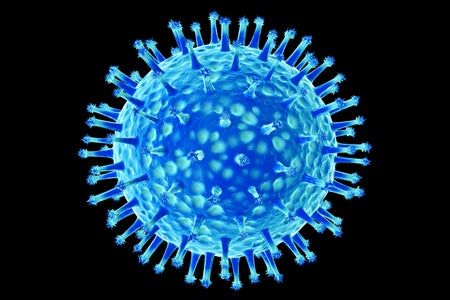
Concerning Bird Flu Virus Mutations Found in Severely Ill Patient
Samples from a hospitalized patient in Louisiana show changes that could make the H5N1 virus spread more easily between humans
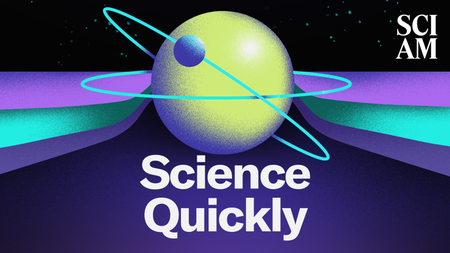
The Climate, Health and Tech Stories We’re Following in 2025
We’re closing out the year with a roundup of the science stories that stood out to our editors in 2024.
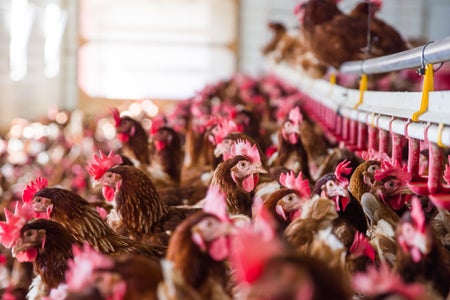
U.S. Has First Case of Severe Bird Flu, CDC Confirms in H5N1 Update
Louisiana reported a person hospitalized with a severe case of H5N1, and the USDA has begun bulk milk testing
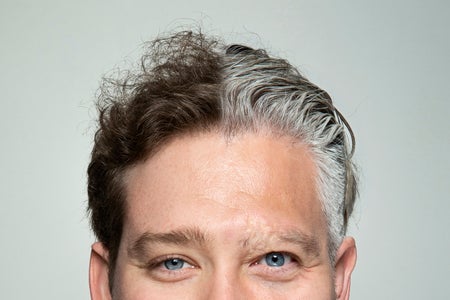
Why Some Brains Don’t Rot and Other Wild Things We Learned about the Human Body in 2024
From periods of rapid aging in our 40s and 60s to ancient brains that don’t decompose, here are some of the year’s most intriguing stories about human biology
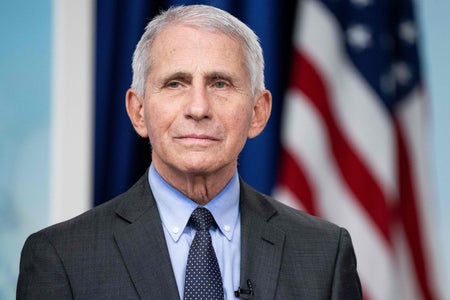
‘The Common Enemy Is the Virus,’ Not One Another, Anthony Fauci Tells SciAm
Scientific American sat down with physician-scientist Anthony Fauci, who recently published a memoir, to discuss COVID mistakes and successes, bird flu concerns and political divisions
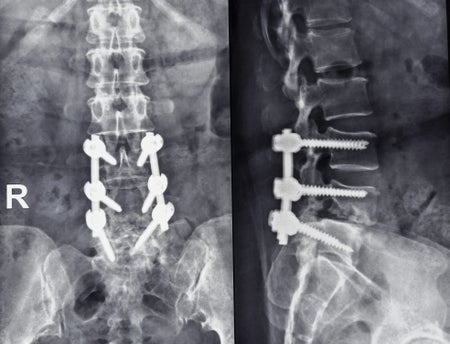
Luigi Mangione Said He Had Spondylolisthesis: What Is It?
The suspect in the recent shooting of a UnitedHealthcare CEO reportedly had spondylolisthesis, a condition that causes the vertebrae to go out of alignment
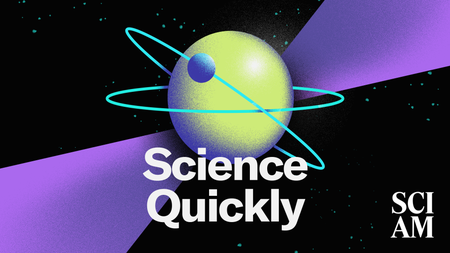
Why Anthony Fauci Is Concerned about Bird Flu and Public Division
“America’s Doctor” says that our common enemy is the danger posed by viruses, not each other.

RFK, Jr., Could Run the Agency That Oversees CDC, FDA and NIH. Here’s What That Means for Public Health
RFK, Jr., could restructure the CDC, FDA and NIH in pursuit of his flawed vision of public health. Plus, we discuss chimpanzees at play and the first-ever close-up image of a star.
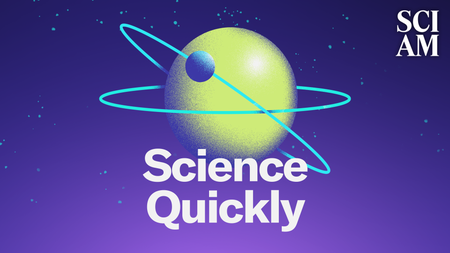
Your 2024 Election Rundown, from Health Care to Nuclear Proliferation
The outcome of the 2024 U.S. presidential election could reshape policies from health care at home to nuclear proliferation abroad
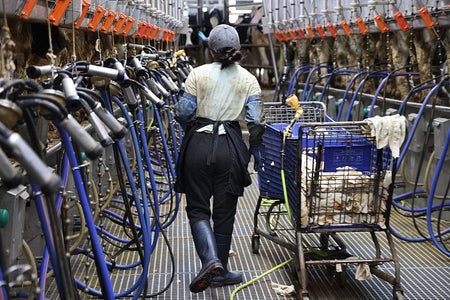
Bird Flu Is One Step Closer to Mixing with Seasonal Flu Virus and Becoming a Pandemic
Humans and pigs could both serve as mixing vessels for a bird flu–seasonal flu hybrid, posing a risk of wider spread
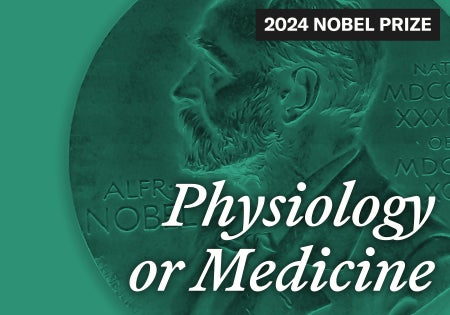
Nobel Prize in Physiology or Medicine Awarded for Discovery of MicroRNA Gene Regulation
The 2024 Nobel Prize in Physiology or Medicine was given to Victor Ambros and Gary Ruvkun for the discovery of an important gene-manipulating mechanism in cells
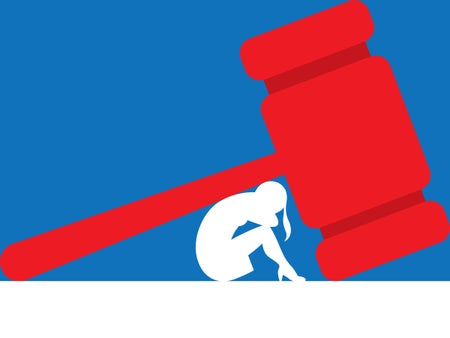
Abortion and Reproductive Rights Face Starkly Different Futures under Trump and Harris
The presidential candidates have vastly divergent records on and plans for protecting access to reproductive health care, including abortion and IVF
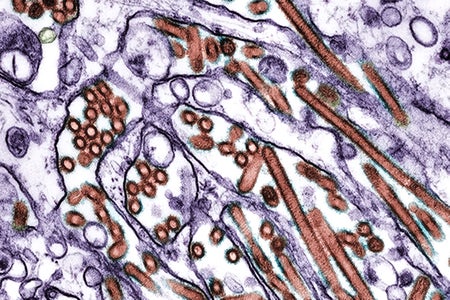
Second Health Care Worker Exposed to Person with Bird Flu Had Symptoms. Here’s What We Know and Don’t Know
Experts call for greater testing of contacts of a person who was infected with the H5N1 bird flu strain before the virus causes a wider outbreak
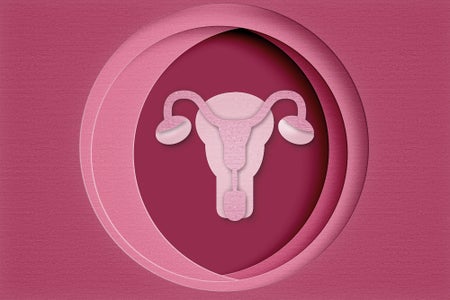
Dozens of Babies Have Been Born from Uterus Transplants
Uterus transplants are becoming more common, opening up the possibility of pregnancy and parenthood to people with certain health conditions
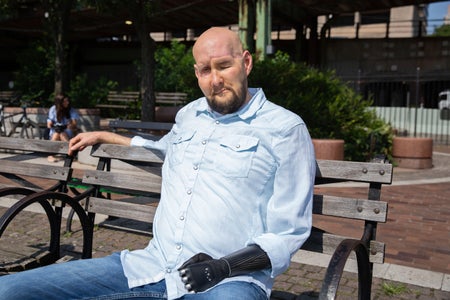
The First Person to Receive an Eye and Face Transplant Is Recovering Well
A man who received a partial face and eye transplant after a serious accident does not have any vision in the transplanted eye, but the eye itself is still alive

Balancing Long-Term Caregiving with Personal Well-Being
Caring for aging loved ones brings its own set of emotional and physical hurdles. Experts offer guidance on finding support.
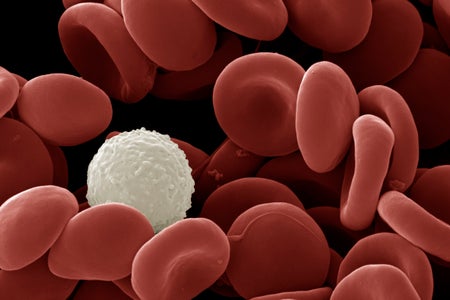
How Testosterone Changes the Immune System in Trans Men
A small study of transgender men taking testosterone revealed changes in immune pathways involved in responding to viruses and inflammation

Navigating the Struggles and Joys of Caring for Aging Loved Ones
Personal stories and research reveal the challenges of family caregiving.
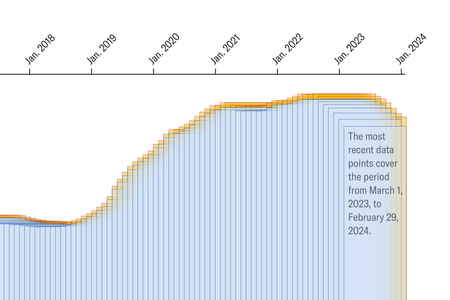
Overdose Deaths Are Finally Starting to Decline. Here’s Why.
Opioid overdoses have fallen since their pandemic peak, according to new data from the past few months

What to Know about Project 2025’s Dangers to Science
Project 2025 would jeopardize federal scientists’ independence and undermine their influence

The Trump Assassination Attempt Caused Psychological Distress and Fueled Polarization
Political violence has a different effect on people today than it did in the past because of social media and extreme partisanship
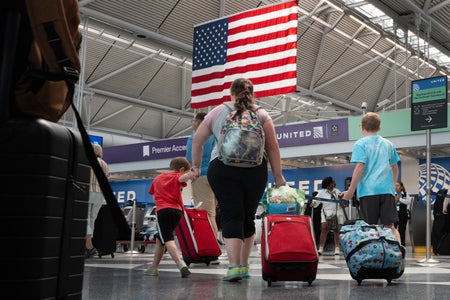
COVID Rates Are Rising Again. Why Does It Spread So Well in the Summer?
A combination of human behavior and immunity, the environment, and SARS-CoV-2 itself explains why the virus surges during both hotter and colder months
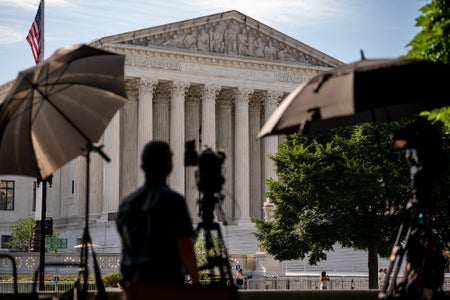
Supreme Court Allows Emergency Abortions in Idaho—For Now
A Supreme Court decision allows emergency abortion care despite a state ban in Idaho while the case works its way through lower courts